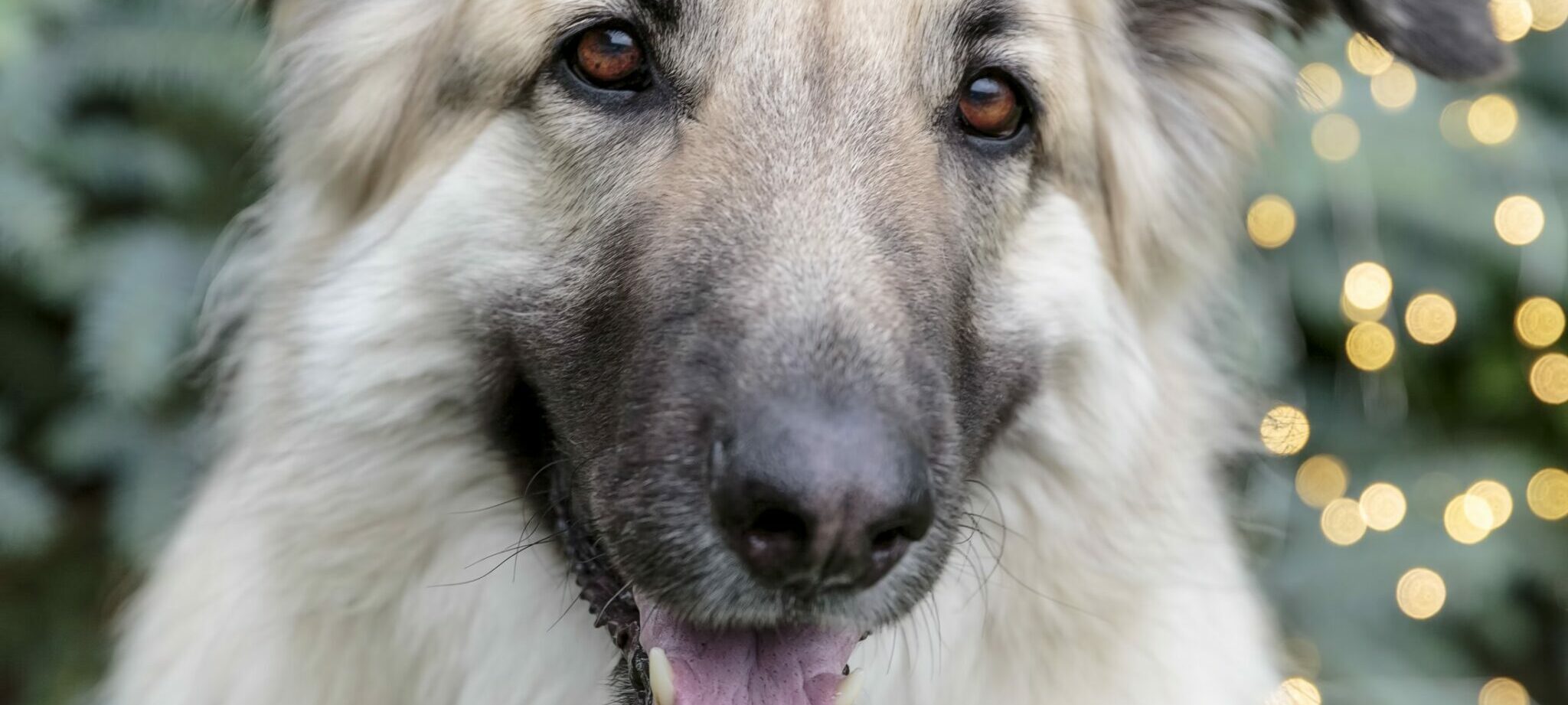
23 Jun The Importance of Annual Anesthetic Dental Cleanings for Cats: Insights from Veterinary Experts
Cats are cherished members of our families, and their overall health and well-being should always be a top priority. One crucial aspect of feline care that is often overlooked is dental health. Regular dental examinations and cleanings under anesthesia, performed by either a veterinarian or a veterinary dental specialist, are essential for maintaining optimal oral health in your cat. In this blog, we will explore why annual anesthetic dental procedures are necessary, and highlight the expertise of both veterinarians and veterinary dental specialists in this field.

Dr. Greenfield’s twin cats, ‘George’ and ‘Martha’…adopted on the 4th of July
Understanding Feline Dental Health
Cats possess unique dental characteristics that require specialized attention. Their teeth are designed for hunting and tearing, which makes them susceptible to specific dental issues. Common feline dental problems include periodontal disease, tooth decay, and oral infections. If left untreated, these conditions can cause pain, discomfort, and potentially severe health complications for our feline friends.
The Role of Anesthesia in Cat Dental Cleanings
Performing thorough dental procedures on cats necessitates the use of anesthesia. Anesthesia ensures the safety and comfort of the cat during the procedure, allowing the veterinarian or veterinary dental specialist to conduct a comprehensive assessment and perform necessary treatments without causing distress or pain to the animal. Anesthesia also prevents sudden movements that could potentially lead to injury during delicate dental procedures.
At Your Pet Dentist of Nashville, we have a Board-Certified anesthesiologist on staff (Dr. Martin Kennedy). His expertise in selecting the right anesthetic protocol for your pet, and a live anesthetist virtually monitoring under his supervision, helps your pet have a pain-free and uneventful anesthetic procedure.
Comprehensive Examination and Treatment
Annual anesthetic dental procedures enable veterinarians and veterinary dental specialists to conduct a thorough examination of a cat’s oral cavity. They carefully inspect the teeth, gums, and oral tissues for signs of dental diseases, such as periodontal disease, fractured teeth, or tooth decay. Early detection of these issues facilitates timely intervention, preventing further complications and alleviating the cat’s discomfort.
It is important to note that 60% of the tooth is invisible to the visible eye and sits below the gumline. Unless you are Clark Kent with x-ray vision, you cannot visualize the whole tooth without the benefit of cone beam CT (CBCT) or dental radiographs. As tooth resorption (TR) affects over 50% of all cats in their lifetime, it is imperative that you treat this painful situation as early as possible.
Professional Teeth Cleaning
Professional dental cleanings are an integral part of maintaining the oral health of a cat. During an anesthetic dental procedure, veterinarians or veterinary dental specialists can remove plaque, tartar, and bacteria from the cat’s teeth and gumline more effectively than home care alone. These cleanings significantly reduce the risk of gum disease, tooth loss, and systemic infections in cats.
Expertise of Veterinarians
Veterinarians are trained professionals who provide comprehensive medical care for animals, including dental care. They receive education and training in basic dental procedures during their veterinary school curriculum.
While they may not specialize solely in dental care, they possess the necessary knowledge and skills to perform routine dental examinations, cleanings, and extractions. For many cat owners, their regular veterinarian is the primary source of dental care for their pets.
The Role of Veterinary Dental Specialists
On the other hand, veterinary dental specialists undergo additional advanced training beyond veterinary school to specialize in dental and oral health. These specialists complete a residency program and pass rigorous examinations to achieve board certification.
Veterinary dental specialists have a deeper understanding of complex dental conditions and possess advanced expertise in performing specialized procedures, such as root canals, orthodontics, and complex oral surgeries. In cases where cats require advanced dental treatments or have complex oral health issues, a referral to a veterinary dental specialist may be recommended.
Collaboration for Optimal Care
In many instances, regular veterinarians and veterinary dental specialists work collaboratively to provide the best possible care for feline patients. Regular veterinarians play a crucial role in identifying dental issues during routine check-ups and performing initial dental procedures. They can also provide guidance on home dental care practices. Veterinary dental specialists serve as valuable resources for consultation, more advanced procedures, and specialized treatment options when needed.
Cat Dental Cleanings in Nashville, TN
Annual anesthetic dental procedures, whether performed by veterinarians or veterinary dental specialists, are vital for maintaining a cat’s oral health. These procedures allow for comprehensive examinations, professional cleanings, and timely treatment of dental issues. While regular veterinarians provide routine dental care, veterinary dental specialists offer advanced expertise and specialized treatments when necessary.
By prioritizing regular dental care, cat owners can ensure their feline companions enjoy optimal oral health, leading to improved overall well-being and a better quality of life. If your cat is in need of a thorough dental cleaning from a veterinary dental specialist, contact Your Pet Dentist of Nashville.
Barden Greenfield, DVM, DAVDC – Your Pet Dentist of Nashville
Images used under creative commons license – commercial use (6/23/2023). Photo by Oleg Ivanov on Unsplash


